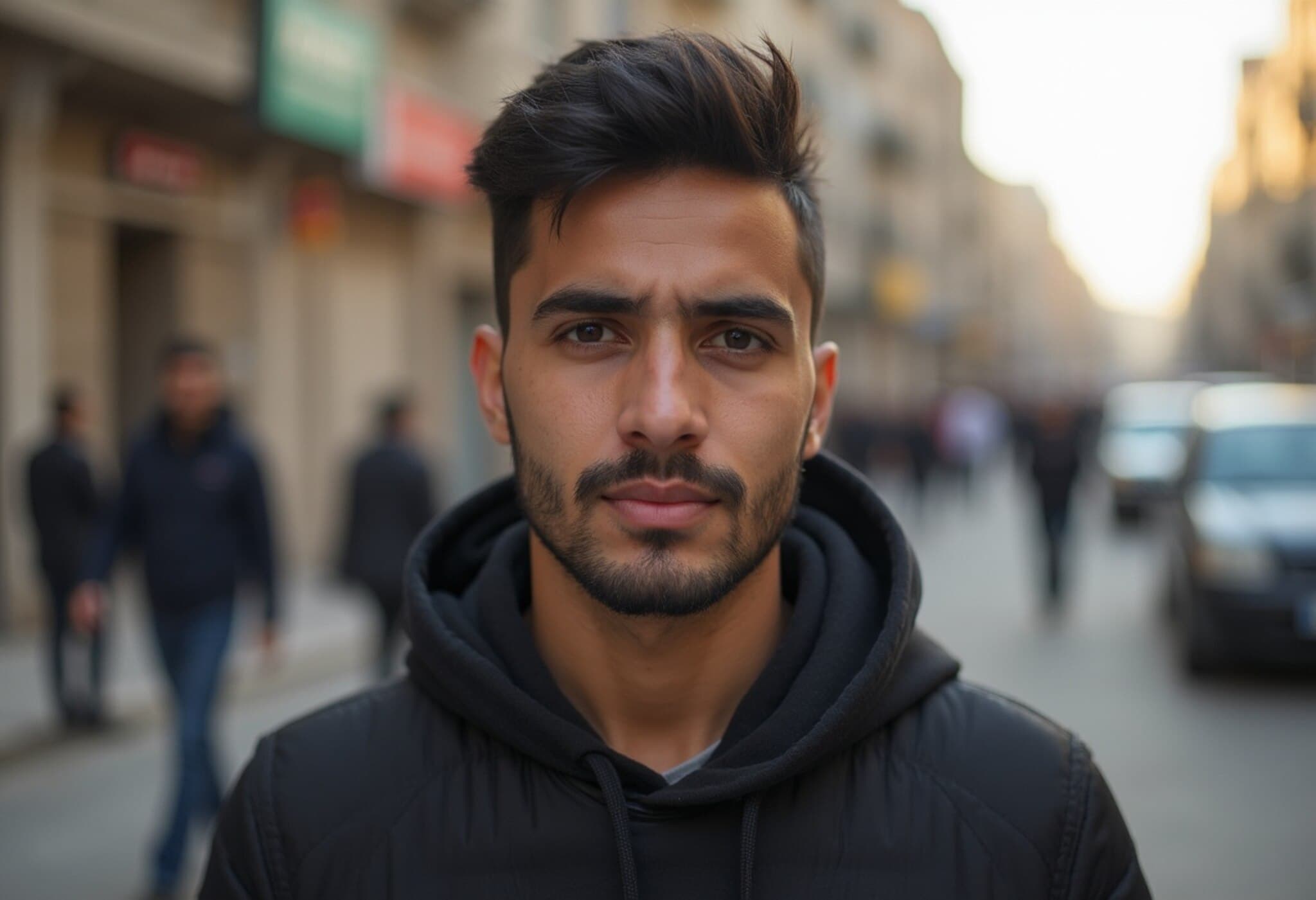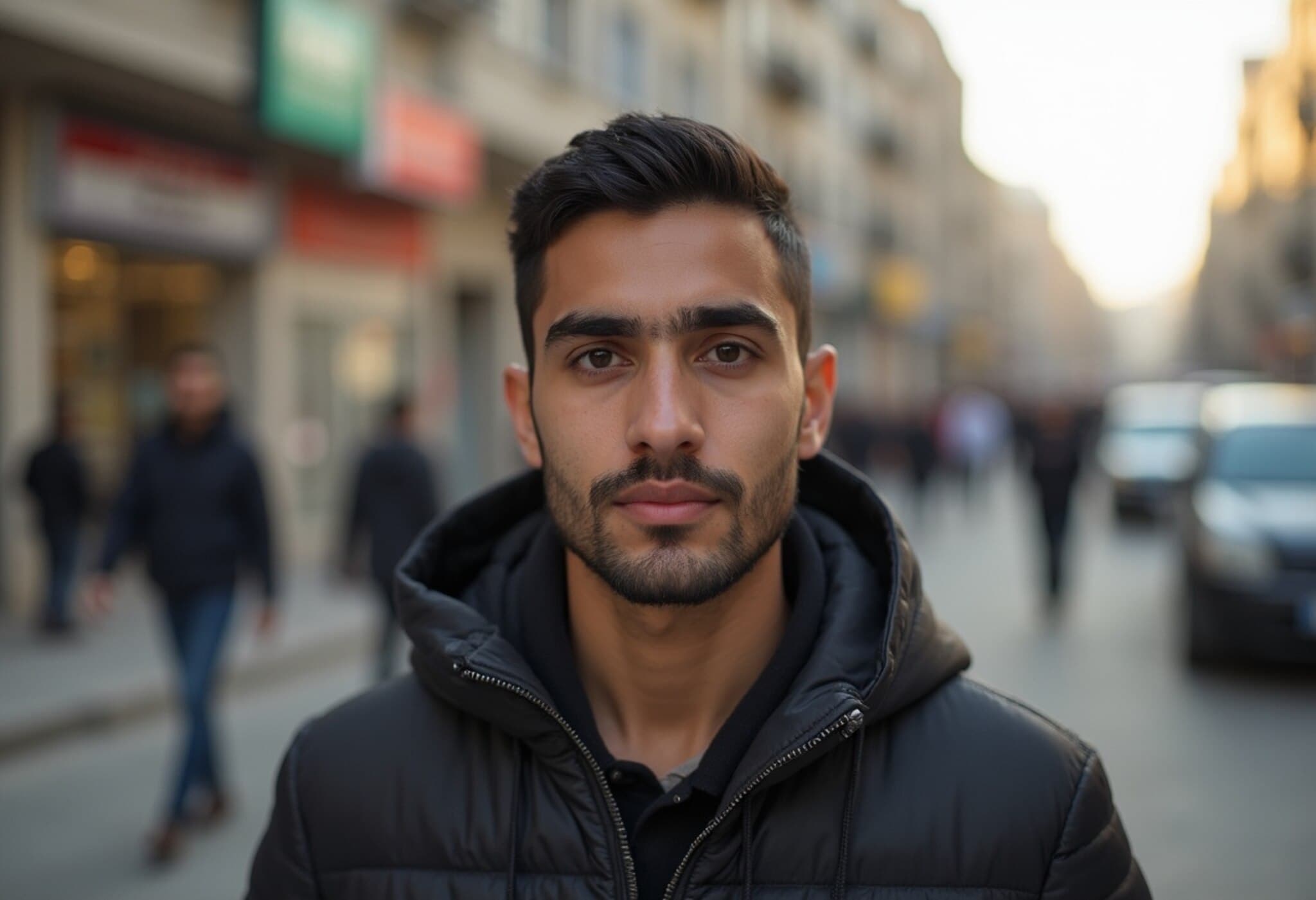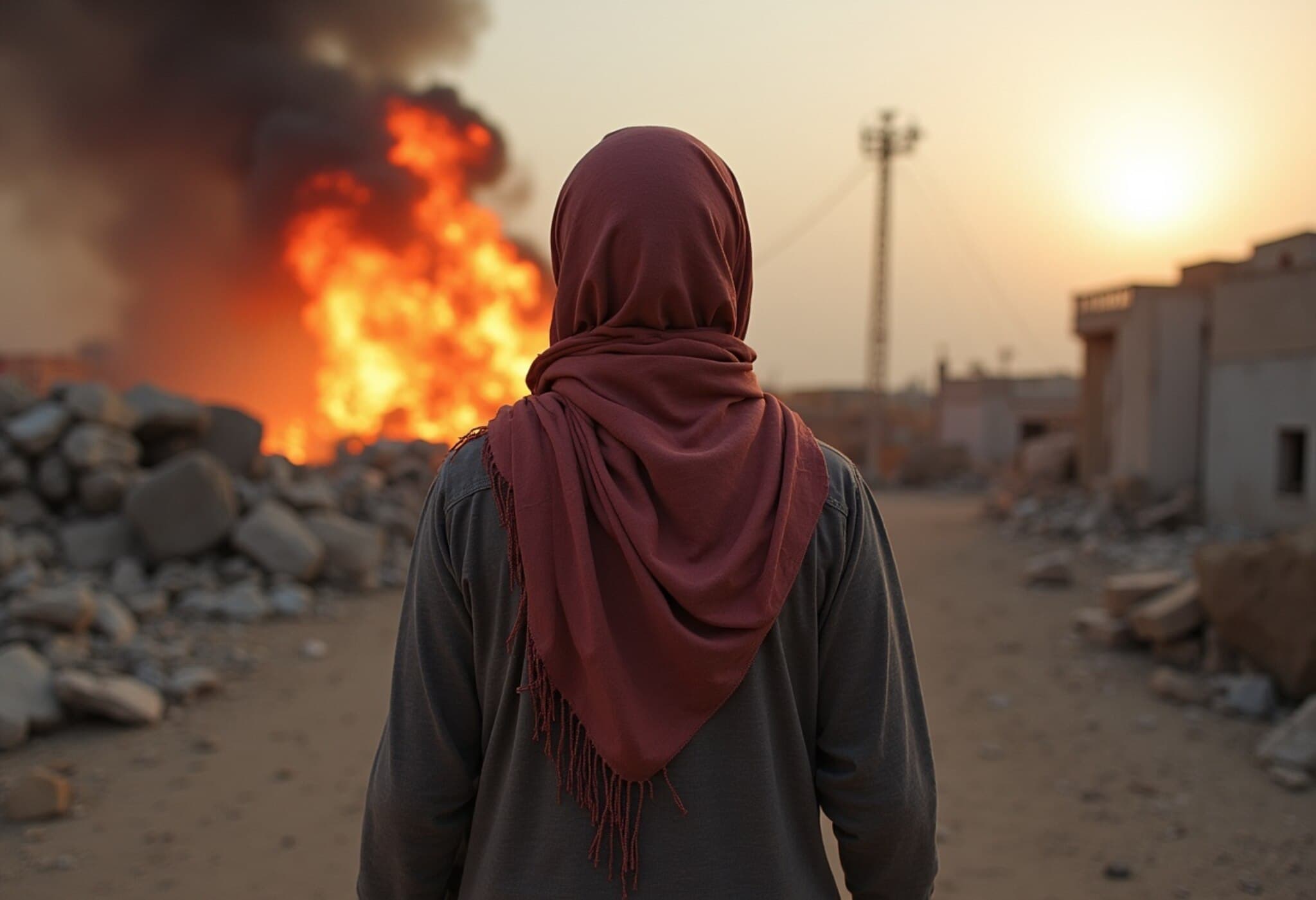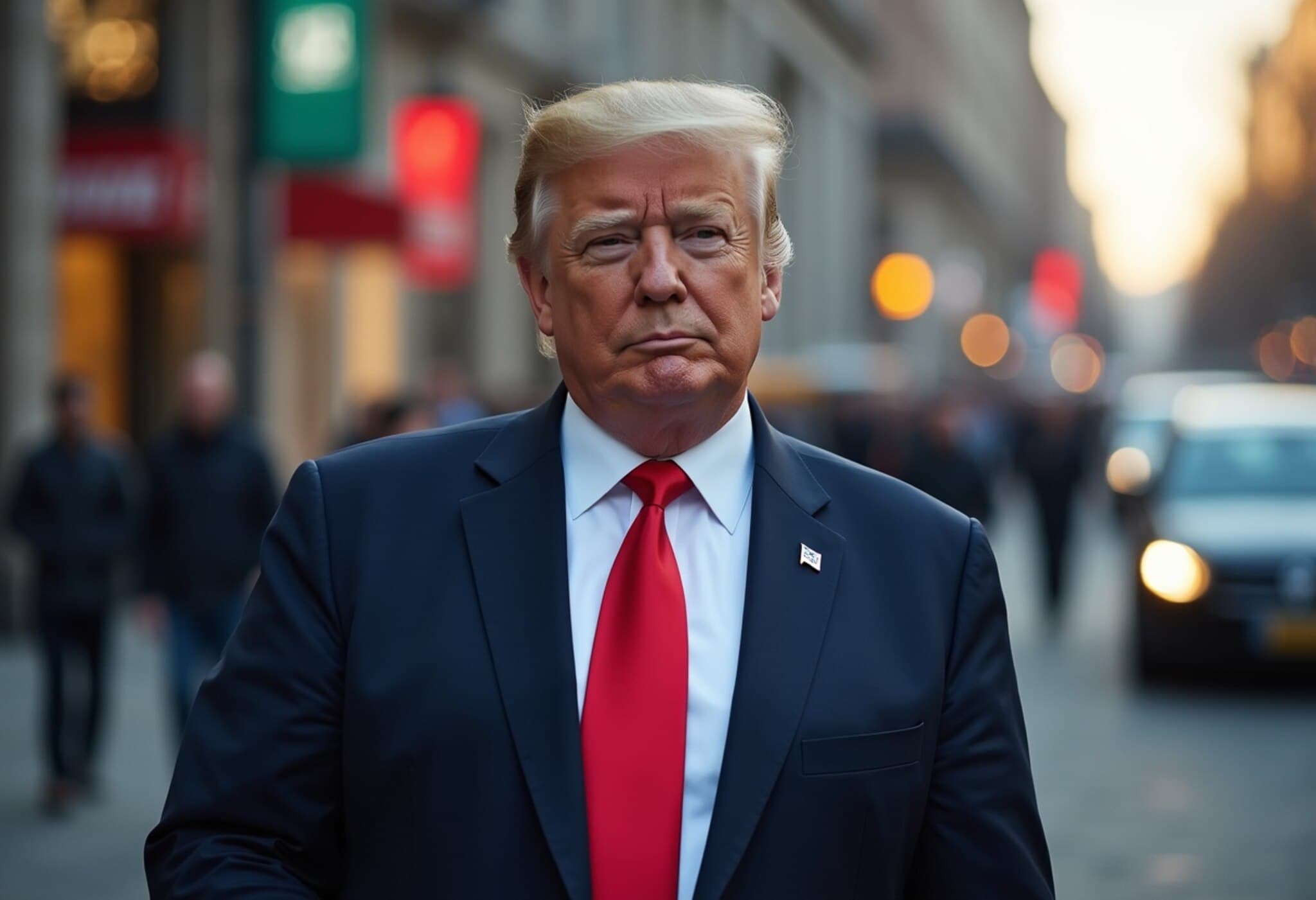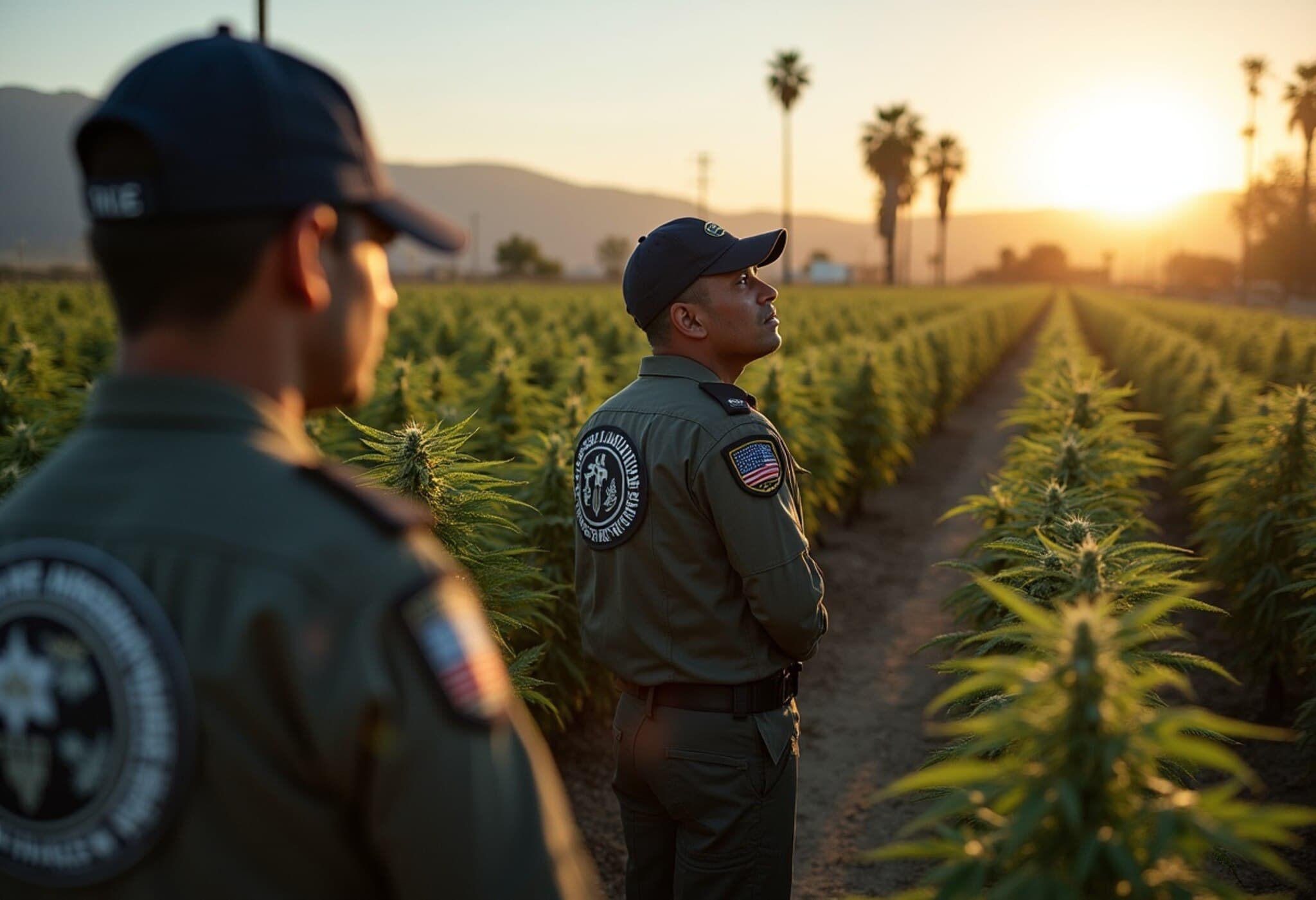Tragic Death of Palestinian-American Highlights Escalating Tensions in the West Bank
On July 12, 2025, news emerged of a deeply disturbing incident in the West Bank: Sayfollah “Saif” Musallet, a 20-year-old Palestinian-American visiting family, was fatally assaulted by a group of Israeli settlers near his family's farm in Baten al-Hawa, north of Jerusalem.
Attack Details and Immediate Aftermath
According to Musallet’s family, the violent encounter occurred while he was defending his land. Following the attack, settlers reportedly obstructed ambulances for over three hours, preventing timely medical assistance. Tragically, Musallet succumbed to his injuries before reaching a hospital.
Mohammed Nael Hijaz, a 22-year-old friend who arrived at the scene shortly after the assault, recounted, “He was not moving when I got there and he could barely breathe. There was time to save him.” His testimony underscores the brutal nature of the attack and the critical delay in emergency response.
Wider Violence and Government Responses
The Palestinian Ministry of Health confirmed Musallet’s death, describing that he had been severely beaten. A second Palestinian, 23-year-old Razek Hussein al-Shalabi, was also shot and left to bleed to death during the same attack. Reports note that at least ten others sustained injuries.
The municipality of Sinjil, where the violence took place, condemned the incident as “barbaric” and accused Israeli forces of storming the area alongside settlers, disrupting paramedics and volunteer efforts. The Israeli military admitted to a “violent confrontation” and stated that the case is under investigation by security agencies and police.
Personal Profile: Sayfollah Musallet’s Story
Born in Tampa, Florida, Musallet had returned to the West Bank in early June to visit family. He had recently launched an ice cream business with his father back home, embodying the resilience and aspirations of many young Palestinian-Americans balancing heritage and the American dream.
Family and friends describe him as “a kind, hard-working, and deeply respected” young man with big ambitions and a strong connection to his Palestinian roots. His death not only devastated loved ones but also reverberates as a symbol of a larger struggle on contested land.
Ongoing Conflict and Underreported Patterns
This attack occurs amid a troubling surge in settler violence in the West Bank, often with scant accountability. Just a week prior to Musallet’s killing, German journalists were assaulted by settlers in the same area despite clear press identification, shining a light on escalating hostility.
- Human rights organizations have long accused the Israeli military of inadequate protection for Palestinians and apparent tolerance, if not facilitation, of settler aggression.
- Arrests of settlers remain rare despite numerous violent incidents.
- Violence has intensified since the Hamas-led attack on Israel, with over 1,000 Palestinians killed and thousands more injured, marking one of the deadliest periods in years.
Diplomatic and Political Dimensions
The US State Department expressed awareness of Musallet’s death and offered consular assistance but declined further comment out of respect for the family’s privacy. Meanwhile, the Biden administration had imposed sanctions on violent Israeli settlers during its previous term, only to rescind these sanctions upon returning to office in 2025—a move critics argue undermines accountability efforts.
Mohammed Hijaz poignantly summarized the feelings of many Palestinians on the ground: “The settlers want to take over our land. Their aggression is increasing by the day. The Israeli army comes to protect them and doesn’t do anything to stop them from attacking us. No one can hold the settlers accountable.”
Upcoming Funerals and Continuing Struggles
Funerals for Musallet and Razek Hussein al-Shalabi are scheduled for Sunday. Their joint burial stands as a somber testament to the human cost of ongoing conflict in the West Bank.
Expert Insight: The Broader Implications
This tragic episode reveals pressing questions about the future of the West Bank and the efficacy of international mechanisms to protect vulnerable communities. For the thousands of Palestinians and Palestinian-Americans caught in this limbo, it underscores the perilous intersection of heritage, identity, and politics. The role of US diplomacy and Israel’s internal policies remain critical in shaping whether such violence can be curbed or continues to escalate.
Editor’s Note
The brutal killing of Sayfollah Musallet not only marks a heartbreaking loss for a young life full of promise but also raises urgent questions about justice, security, and the protection of civilians in conflict zones. As violence escalates, it is imperative that policymakers, human rights advocates, and the international community intensify efforts toward accountability and peace. How can meaningful protections be ensured for individuals caught in protracted conflicts? What role should the US play in safeguarding its citizens abroad, and what pressure can be applied to prevent further acts of settler violence? These remain critical challenges moving forward.

